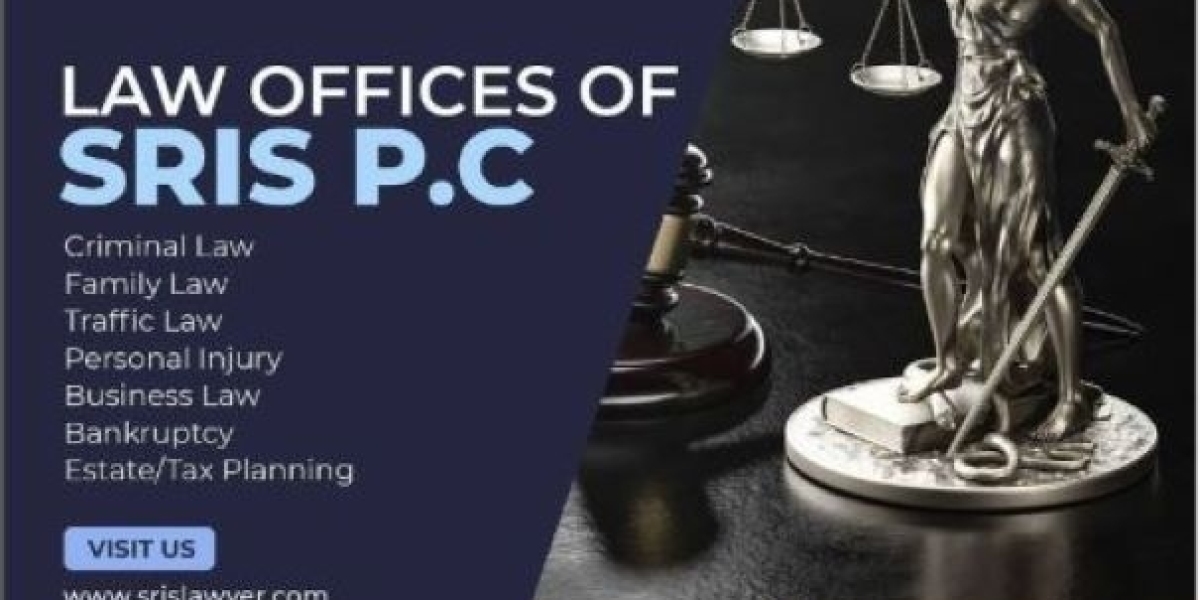Introduction
Personal injury cases in Virginia can be complex and emotionally taxing experiences for those involved. When accidents or incidents occur that lead to personal injuries, individuals often seek compensation to cover medical bills, lost wages, and pain and suffering. One of the primary ways to obtain this compensation is through a personal injury settlement. In this article, we will delve into the intricacies of Virginia personal injury settlements, examining the process, factors that affect settlement amounts, and important considerations for claimants.
The Personal Injury Settlement Process in Virginia
A personal injury settlement is an agreement reached between the injured party (the plaintiff) and the at-fault party (the defendant) or their insurance company. In Virginia, this agreement is a legal contract that resolves the personal injury claim without going to court. The process typically includes the following steps:
Consultation with an Attorney: If you've suffered a personal injury in Virginia, it's essential to consult with an experienced personal injury attorney. They can help you assess the strength of your case and guide you through the entire process.
Investigation and Evaluation: Your attorney will investigate the incident, collect evidence, and assess the extent of your injuries. They will determine liability, the potential value of your claim, and the feasibility of a settlement.
Demand Letter: Your attorney will draft a demand letter outlining your claim's details, including medical expenses, lost wages, and pain and suffering. This letter is then sent to the defendant or their insurance company.
Negotiation: The defendant or their insurer may respond with a counteroffer. Negotiations may continue until both parties reach an agreement.
Settlement Agreement: Once a settlement is agreed upon, both parties will sign a legally binding contract outlining the terms of the agreement. The defendant typically agrees to pay a specific amount in exchange for the plaintiff releasing them from further liability.
Factors Affecting Virginia Personal Injury Settlements
Several factors can influence the outcome of a personal injury settlement in Virginia:
Liability: Proving the defendant's liability is crucial. If the plaintiff shares some responsibility for the incident, Virginia follows the doctrine of contributory negligence, which can significantly impact the settlement amount.
Severity of Injuries: The extent of the plaintiff's injuries and their impact on daily life will strongly affect the settlement amount. Severe injuries often result in higher settlements.
Medical Expenses: The cost of medical treatment, including past and future expenses, plays a critical role in determining the settlement value.
Lost Wages: Compensation for lost wages, both current and future earnings, is typically included in the settlement.
Pain and Suffering: Virginia allows plaintiffs to seek compensation for physical and emotional suffering caused by the injury. Calculating this is often subjective and may involve multiplying medical expenses or using a multiplier based on the severity of the injuries.
Insurance Coverage: The defendant's insurance policy limits may impact the maximum settlement amount available.
Important Considerations for Claimants
If you're pursuing a personal injury settlement in Virginia, consider these important factors:
Statute of Limitations: Virginia has a two-year statute of limitations for most personal injury cases, so it's crucial to initiate your claim promptly.
Legal Representation: Hiring an experienced personal injury attorney significantly improves your chances of securing a fair settlement. They can help navigate the complex legal process and negotiate on your behalf.
Preservation of Evidence: Collect and preserve evidence related to the incident, including photographs, medical records, and witness statements.
Insurance Companies: Be cautious when dealing with insurance companies. Their primary goal is to minimize payouts, so consult with an attorney before communicating with them.
Conclusion
Virginia personal injury settlements are a means for injured individuals to obtain compensation for their losses. Understanding the process, the factors that influence settlement amounts, and the importance of legal representation is essential to achieve a fair outcome. If you've been injured in Virginia, consult with an experienced attorney to guide you through the intricate process of pursuing a personal injury settlement.









